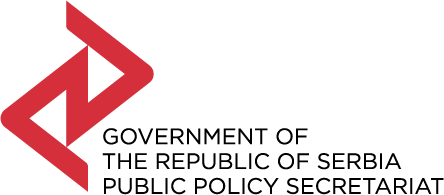At the working breakfast with journalists on 18 September 2020 the content of this year’s ERP and the process of its coordination were presented. The idea behind the event was to inform the public of the opportunity for active participation in the process of consultations that runs during the development of this document.
Director of the Public Policy Secretariat of the Republic of Serbia (PPS) Bojana Tosic stressed that reforms were expensive and the budget was limited, so priorities needed to be carefully selected. She also emphasised that the PPS had jointly with the Ministry of Finance developed the methodology for the cost assessment of each planned measure so that decision-makers could opt for the measures with most beneficial effects on the wellbeing of citizens and the business environment.
‘Year in, year out the quality of ERP has been improving. The document has been praised as one of the best prepared documents in the process of EU accession. However, if the reforms are defined solely by the Government without the participation of professionals, the civil sector, and citizens, the reforms will not be seen by the citizens as their own. There will be no implementation and the reforms will be a dead letter only’, Tosic stressed.
PPS Assistant Director Dijana Ilic Zogovic underlined that each reform was to eliminate or diminish obstacles identified in each of the areas and that they stemmed from recommendations delivered by the European Commission.
‘Those structural reforms that have a major positive impact on the improvement of competitiveness and economic growth as well as on the rise of the standard of living should be picked, but their effects on the environment and the rise of employment are also taken into account. The reforms need to be defined with all of this in mind’, Ilic Zogovic stated.
The Coordinator of the National Convention of the EU Natasa Dragojlovic spoke about the significance of this document, underlining that its development was transparent so the professional and general public could stay informed at all times. ‘The reforms in matter make the doing business certain’, Dragojlovic said, adding that the ERP was by no means a substitute for the Development Plan of Serbia, the paramount document of the Republic of Serbia envisaged to be adopted by the Government and aligned with the strategic framework of the EU.
Verica Ignjatovic, Acting Assistant Minister in the Ministry of Finance and Jelena Rancic, Regulatory Reform Adviser in NALED also took part in the discussion.
The working breakfast for journalists was organised within the ‘Prepare to Participate – P2P’ project implemented by CEP, NALED and the European Western Balkans portal.

